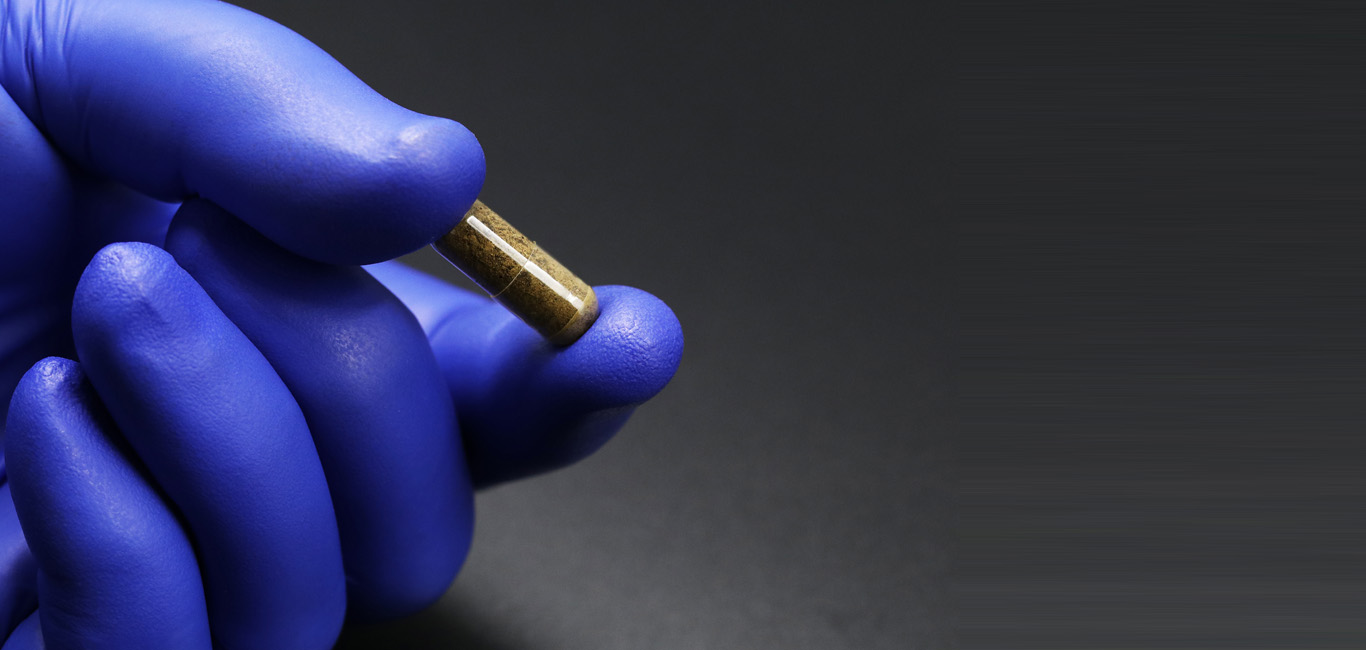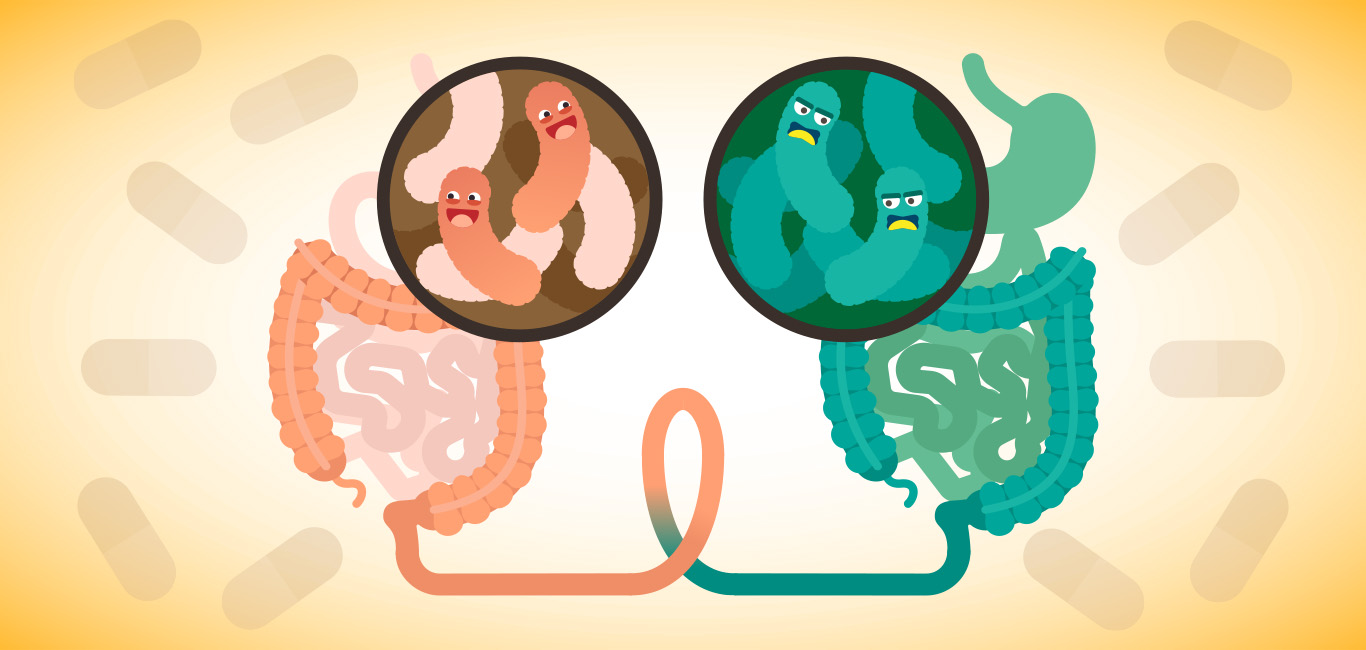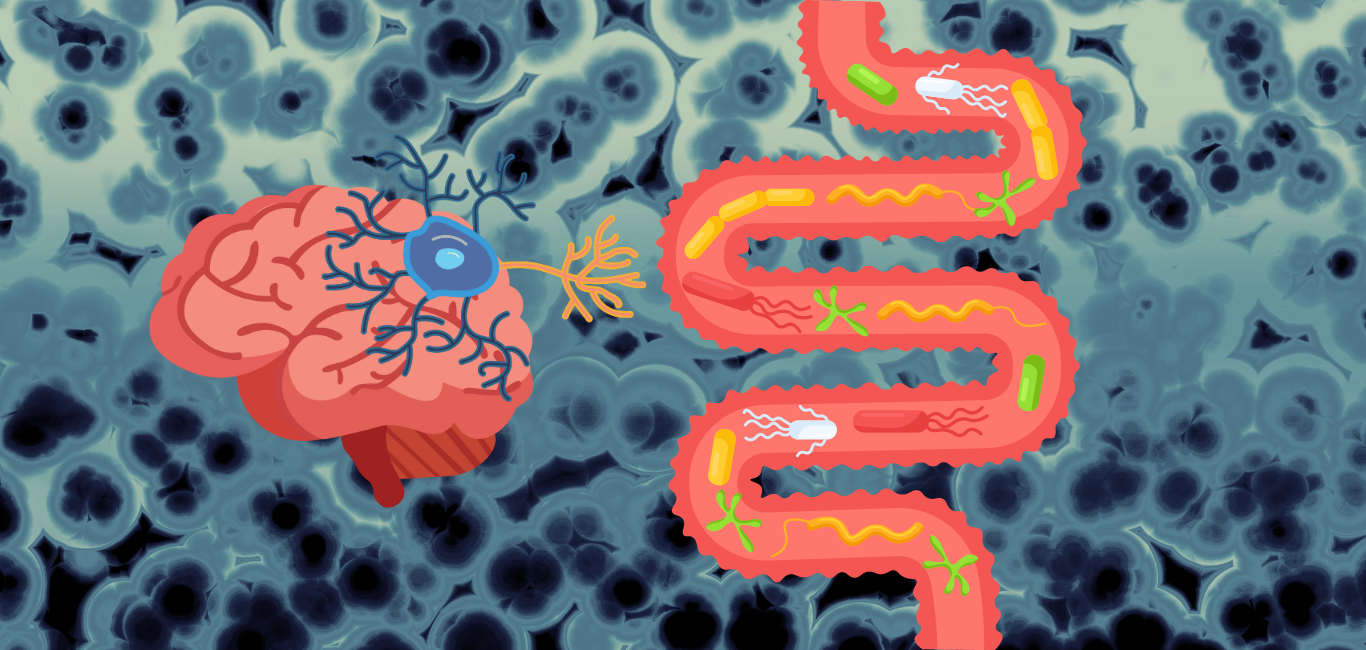
The US Food and Drug Administration (FDA) has for the first time cleared a faecal microbiota product – Rebyota – to prevent recurrent Clostridioides difficile infection (CDI), a move that gains significance as it could open the door for other gut microbiome-linked treatments.
Rebyota, developed by Swiss pharma giant Ferring Pharmaceuticals, is a one-time, enema-delivered therapy that works to restore the balance of bacteria in the intestines. It has been approved for individuals above the age of 18 who have completed antibiotic treatment for recurrent CDI.
“Recurrent CDI impacts an individual’s quality of life and can also potentially be life-threatening. As the first FDA-approved faecal microbiota product, today’s action represents an important milestone,” said Peter Marks, director of the FDA’s Center for Biologics Evaluation and Research, in a statement.
CDI is caused by the bacterium Clostridioides difficile (C. diff), which when allowed to multiple in the gut, can cause diarrhoea and inflammation of the colon. The condition significantly reduces the quality of life of individuals with it and in severe cases, can lead to death.
Taking antibiotics to treat an infection, prolonged hospitalisation and a weakened immune system are factors that can trigger CDI, with the risk of recurrence increasing with each infection, the FDA noted in its statement announcing Rebyota’s approval.
“In the United States, CDI is associated with 15,000-30,000 deaths annually,” the government agency said, adding that the product would give individuals an additional approved option to prevent recurrent CDI.
Rebyota is prepared using stool donated by qualified individuals, which is tested for carrying transmissible pathogens. However, the FDA noted that since the therapy is manufactured from human stool, it could transmit infectious agents, and its ability to transmit food allergens remains unknown.
Among the side effects caused by the approved therapeutic are abdominal pain, diarrhoea, abdominal bloating, gas, and nausea. Testing also revealed that Rebyota’s success in preventing recurrent CDI for a period of eight weeks was 70.6%, compared to 57.5% for individuals who received a placebo.
Faecal transplants have been showing positive signs in the treatment of not just CDI, but also inflammatory bowel disease (IBD) and inflammatory bowel syndrome (IBS). Not just this, trials for using faecal microbiota transplants (FMT) are also being trialled for treating liver diseases and psychological disorders.
Currently, such FMT therapies are done using processed stool collected from donors that is introduced into the affected individual’s intestine rectally. Doctors performing such treatments are of the opinion that FMT in the form of freeze-dried capsules will significantly improve the acceptance of the therapy.

















